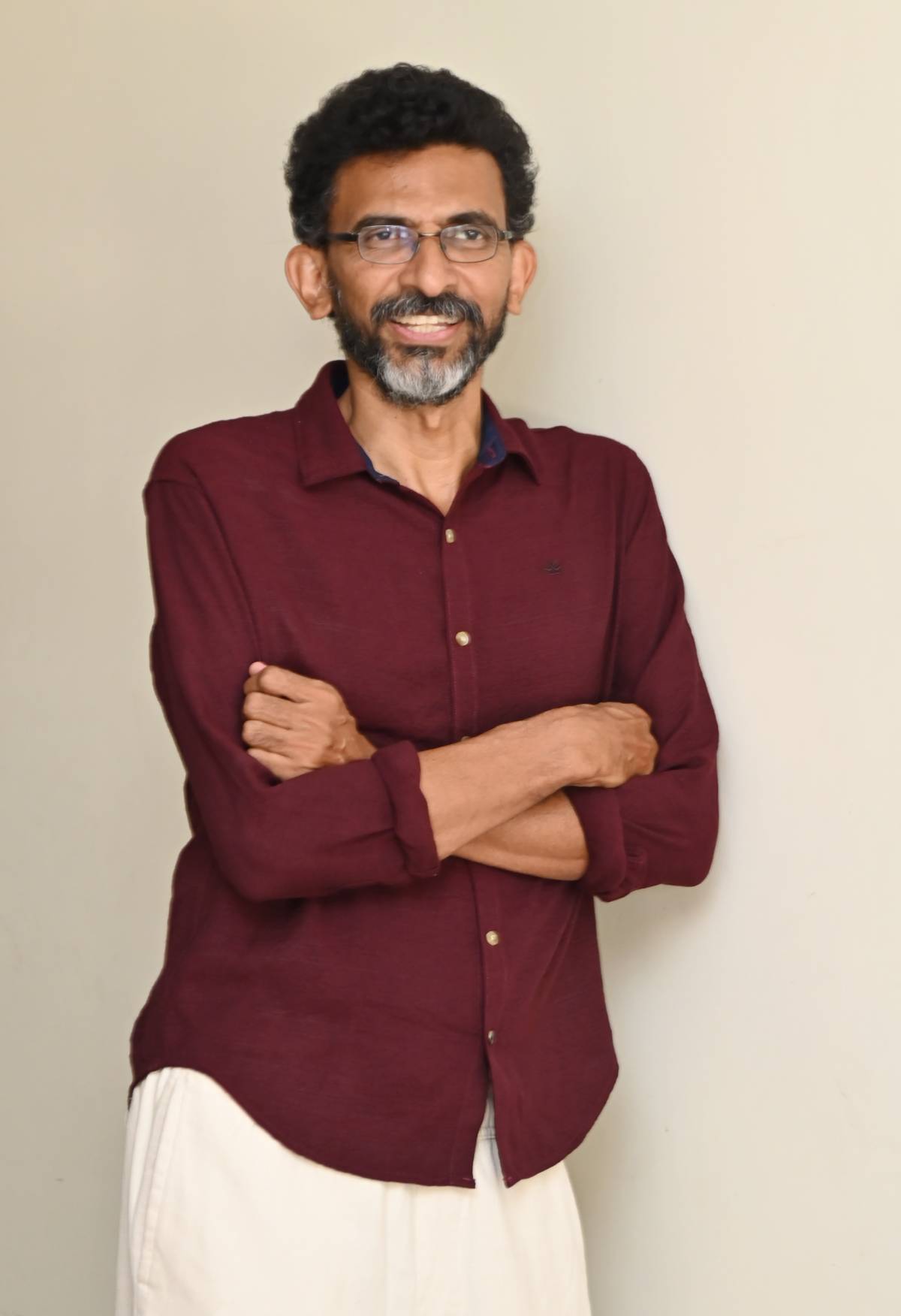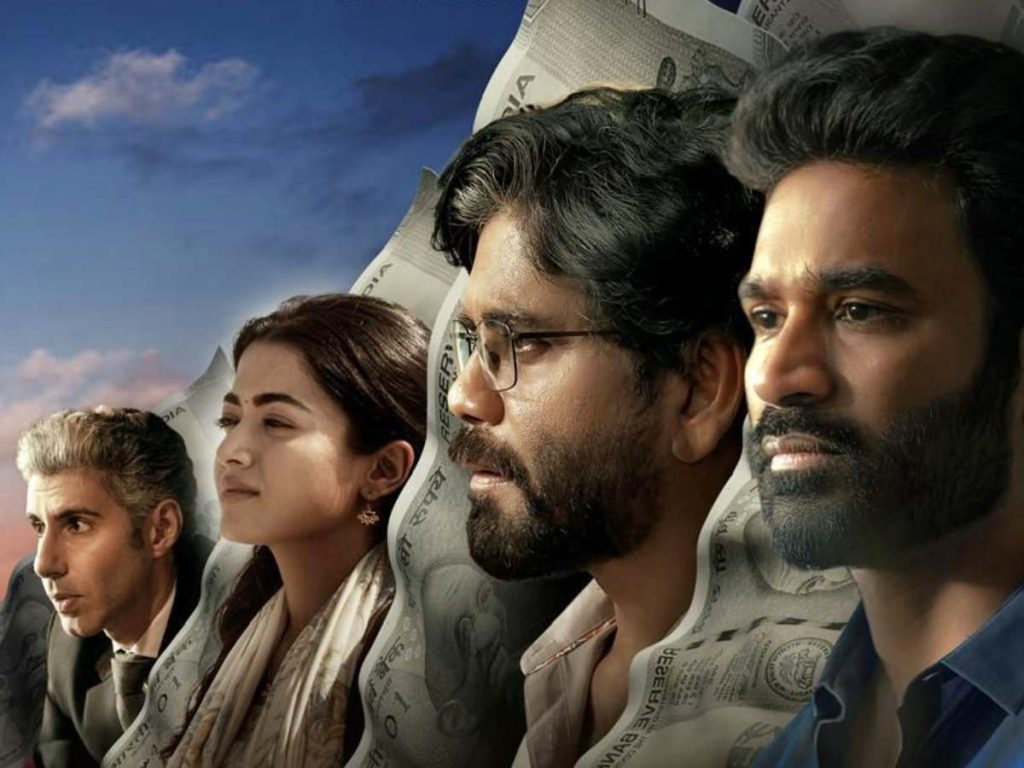
Sekhar Kammula has completed 25 years as a filmmaker. Over his long career, he has delivered several iconic blockbusters. Now, as his first pan-Indian film “Kuberaa” gears up for a grand release on June 20, Kammula opens up about the film’s concept and his experience working with a stellar ensemble cast. In a candid interaction with the media, he shares what sets “Kuberaa” apart.
What inspired you to write the story of “Kuberaa”?
There wasn’t a specific “motivation” per se, but the core idea struck me. What happens when the world’s richest man and a beggar cross paths? It’s a massive concept—emotionally rich and thematically layered. The story naturally evolved into a thriller with strong emotional undercurrents. A beggar who desires nothing and a billionaire who wants everything—when they collide, it creates compelling drama. It’s a story that raises awareness while keeping audiences engaged.
Is this a departure from your ‘trademark’ films?
People associate me with love stories and musical blockbusters, but I never set out to create a “trademark.” I tell stories honestly. Leader, Happy Days—they worked because they were treated with sincerity. “Kuberaa” is no different. It’s grounded in truth and made with conviction.
Tell us about casting Dhanush and Nagarjuna…
Dhanush was irreplaceable. No one else could’ve portrayed “Kuberaa” the way he did. After watching the film, audiences will agree—he completely lives in the character. As for Nagarjuna garu, he’s constantly reinventing himself, whether it’s Manam or Oopiri. He’s brilliant in this film too. He stepped into a complex role with ease. In fact, it was his idea to back this story early on, and he fits the character perfectly.
Rashmika will also be a revelation. When given a strong role, she really delivers. And Jim Sarbh surprised us all—despite complex dialogues, he performed them flawlessly.

What were the challenges of making your first pan-India film?
There were many. We shot scenes separately in Telugu and Tamil to ensure perfect lip-sync. It was like making two films at once. That naturally took time. Post-production for a pan-India film is a different beast altogether. Every lyric and line of dialogue needs to work across languages.
The Mumbai schedule was especially difficult. Permissions were hard to obtain, and we faced numerous restrictions. While many others chose alternate locations, we had to shoot in tough conditions.
How did Devi Sri Prasad contribute to the film?
Devi Sri Prasad is a top music director and a commercial cinema king. His background score adds a powerful emotional punch. Songs like “Poira Mama” and “PP Dum Dum” are already trending, and his work gives the film great energy.
There’s talk of a project with Nani…
Yes, Nani and I have agreed to collaborate. But I haven’t formally approached him yet. I’ll only do that when I find the right script. Also, I’m not making “Leader 2.” The political landscape has changed, and a sequel doesn’t feel appropriate right now.
Looking back, how do you reflect on your 25-year journey?
I began my journey making films from a small house. And now, I’ve created a large-scale pan-India film. Looking back, it’s emotional. It’s been a long, humbling, and fulfilling journey.






